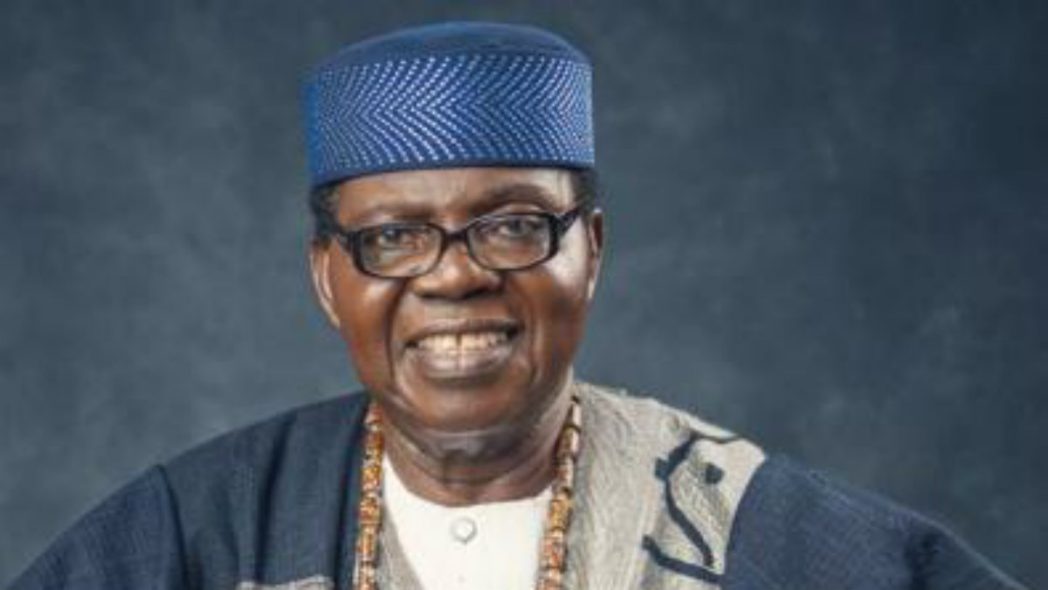Buffy Sainte-Marie's Juno and Polaris Music Awards Rescinded
Canada’s two most prestigious musical honors, the Juno and Polaris Awards, have rescinded singer-songwriter Buffy Saint-Marie’s past awards due to her recent acknowledgement that she is not a Canadian citizen, according to the CBC.
Earlier this week, the singer, whose purported Indigenous lineage has been called into question amid controversy, returned her Order of Canada “with a good heart” and restated that she never claimed to be Canadian.
In her first comment since she was stripped of the award in February, Sainte-Marie, 84, said that she is an American citizen and holds a U.S. passport, but was adopted as a young adult by a Cree family in Saskatchewan.
An Oscar-winning songwriter and Canadian Music Hall of Fame inductee, Saint-Marie has for decades been associated with the struggles of Native Americans and is known for the anti-war song “Universal Soldier” and stolen-land lament “Now That the Buffalo’s Gone.” She was officially stripped of the prestigious Order of Canada appointment, the country’s highest honor presented to a civilian, in January.
The Polaris Music Prize, a juried award annually given to a Canadian album based on artistic merit, confirmed that Sainte-Marie’s 2015 win for the album Power in the Blood, will be rescinded, as will its Heritage Prize, which she won in 2020 for her 1964 album, “It’s My Way!”
“The Polaris Music Prize recognizes and celebrates artistic excellence in Canada,” the organization stated. “Our eligibility criteria requires all nominees to be Canadian citizens or permanent residents, with proof of status provided through government-issued documentation, including passports, birth certificates, permanent resident cards, and/or secure certificates of Indian Status.”
The Canadian Academy of Recording Arts and Sciences (CARAS), which operates the Juno Awards, also announced today that it will be revoking Sainte-Marie’s awards, as well as her 1994 induction into the Canadian Music Hall of Fame.
CARAS shared that the decision is “not a reflection of Ms. Sainte-Marie’s artistic contributions but ensures that CARAS celebrates and honours artists who meet the criteria. While this decision aligns with longstanding criteria, we acknowledge the impact it may have.”
Saint-Marie has spent six decades as a musician and activist, releasing 16 studio albums whose songs often address war and Indigenous rights. Her latest was 2017’s “Medicine Songs,” containing new and re-recordings of older material.
Biographical information supplied by her team over the years states that she was born on the Piapot Cree First Nations Reserve in Qu’Appelle Valley, Saskatchewan. Her 2018 authorized biography also states she was likely born Cree, while her website once said that she is “believed to have been born in 1941 on the Piapot First Nation reserve in Saskatchewan and taken from her biological parents when she was an infant.”











